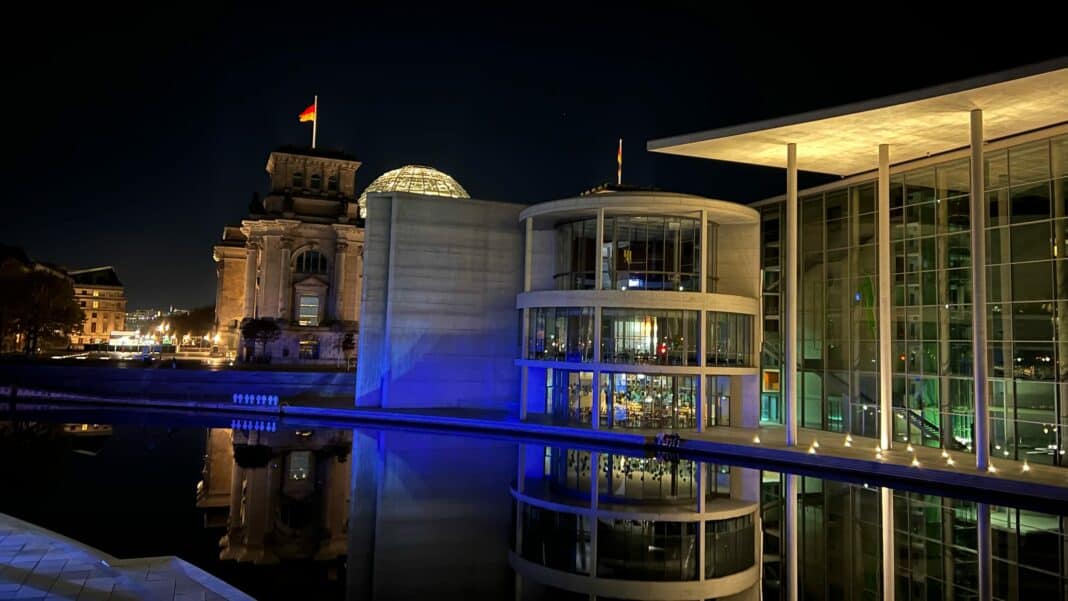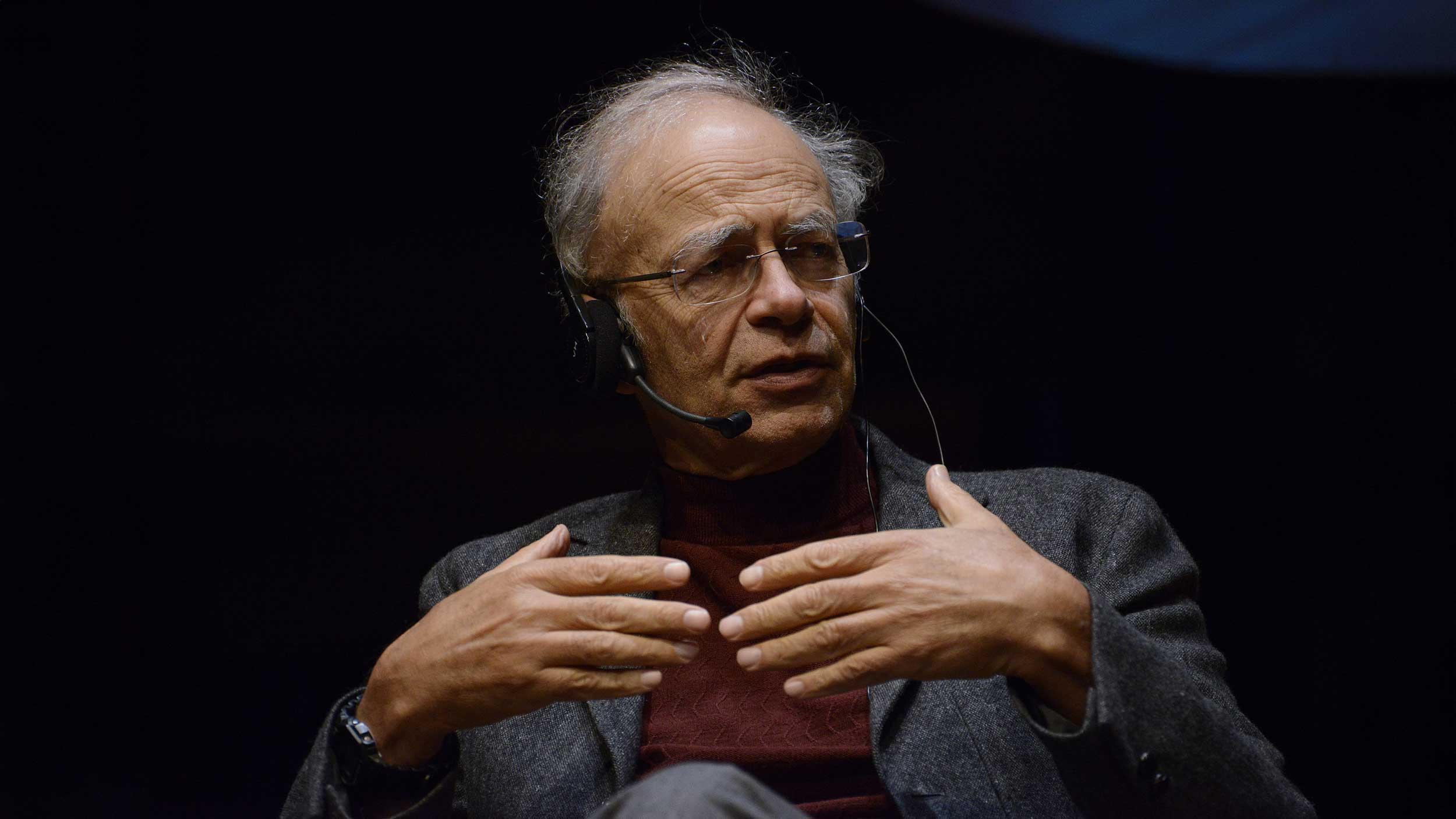It’s not often that you get the chance to visit a European capital for a whole week and take part in an exciting programme in your field of interest. At the beginning of November 2022, I travelled to Berlin with several other participants from all over the world, to be part of the program Science and Research in Germany – Information Tour at the invitation of the Federal Foreign Office of Germany.
The trip was part of a scheme set up by Germany soon after the Second World War. From time to time, groups of people are formed to debate a particular topic, based on suggestions from German embassies. The selected participants are invited to Berlin, where they are given a series of meetings with various individuals and organisations working in the specific field.
This time, the theme was science. In an interesting group of a dozen members, we spent a week visiting Berlin’s universities, institutes, agencies, ministries and other science-related organisations, talking to people who were usually part of the management structures, so they were very familiar with all aspects of their institutions.
The presentations and talks were really inspiring, because there was a mindset that I was not used to before. The belief that science works best if we just give it enough money and leave it alone is no longer central in Germany, either on the side of the government or on the side of scientists. They are aware that a well-functioning science is not an equilibrium state of relations between the actors involved, but a system that requires the constant effort of everyone involved to function well.
A long-serving senior official at the Federal Ministry of Education and Research explained how German science has developed over the last decades. They realised some time ago that their university and research systems were too static and inflexible, and therefore increasingly unprepared to meet new societal and technological challenges. That is why, in addition to the introduction of additional funding, the research system has been systematically upgraded. However, they have not only tackled the reform by upgrading the rules, but have also started to make concrete changes, while constantly checking, with the help of external evaluations and consultants, that they are indeed on the right track.
We can only know how well a system or organisation is performing if we have clear goals and an appropriate system of indicators and evaluations to monitor progress. Setting up such a system is by no means easy, especially for an activity as complex as science.
However, none of the scientific institutions we visited had as one of their objectives to advance in the various academic comparative rankings that usually count the number of publications, citations and similar metrics, but were dominated by content-based objectives. They have often cited as their mission to identify and find solutions to key current and future societal and technological challenges, and to build a research and academic environment that attracts and develops talent and fosters innovation. Important players in the German science system are asking themselves a lot about where they might be lagging behind in strategic areas of development. They invited a number of experts from around the world to tell them honestly where and how they could improve the system, and then their advice was actually taken on board.
It may also be interesting to note that every year they organise a meeting of researchers and officials from agencies and ministries to see where and how bureaucratic procedures could be made even simpler, friendlier and more efficient, and to present good practices from other countries. The committees that decide on funding for research projects are also made up not only of researchers, but also of representatives of government bodies and agencies representing the public interest.
When I asked representatives of the major institutes and funding agencies how they ensure the integrity of the scientific system, they explained that they have a system of integrity offices and scientific ombudspersons who not only collect whistleblowing reports, but also actively work on prevention. As an example, they cited the recent closure of an institute where there were problems with staff integrity. They are well aware that active concern for the integrity of the system is a prerequisite for well-functioning science.
The Federal Ministry of Education and Research has also recently set up a new breakthrough innovation agency, SPRIND, which actively seeks and supports development ideas that would not normally be funded. In addition to helping individuals and groups who are already developing something they believe has breakthrough potential, they also organise occasional calls for pioneers with world-changing ideas. Their goal is to find new solutions to tackle the grand challenges of our time, such as: long-term energy storage, economical removal of carbon dioxide from the atmosphere, cures for viral diseases, and so on. They recognise that experts are very good at solving problems in their narrow area of expertise, but not necessarily universally good at finding new breakthrough innovations. If someone has a good idea but lacks institutional and organisational support, this is exactly what the new agency provides.
Similarly, the German scientific system seeks to support a variety of research careers, rather than insisting on a single, supposedly “right” career path for all scientists. They recognise that science is a socially and strategically important activity that must have clear values and objectives to be successful, but that it must also not be stifled by excessive formalism and bureaucracy.






